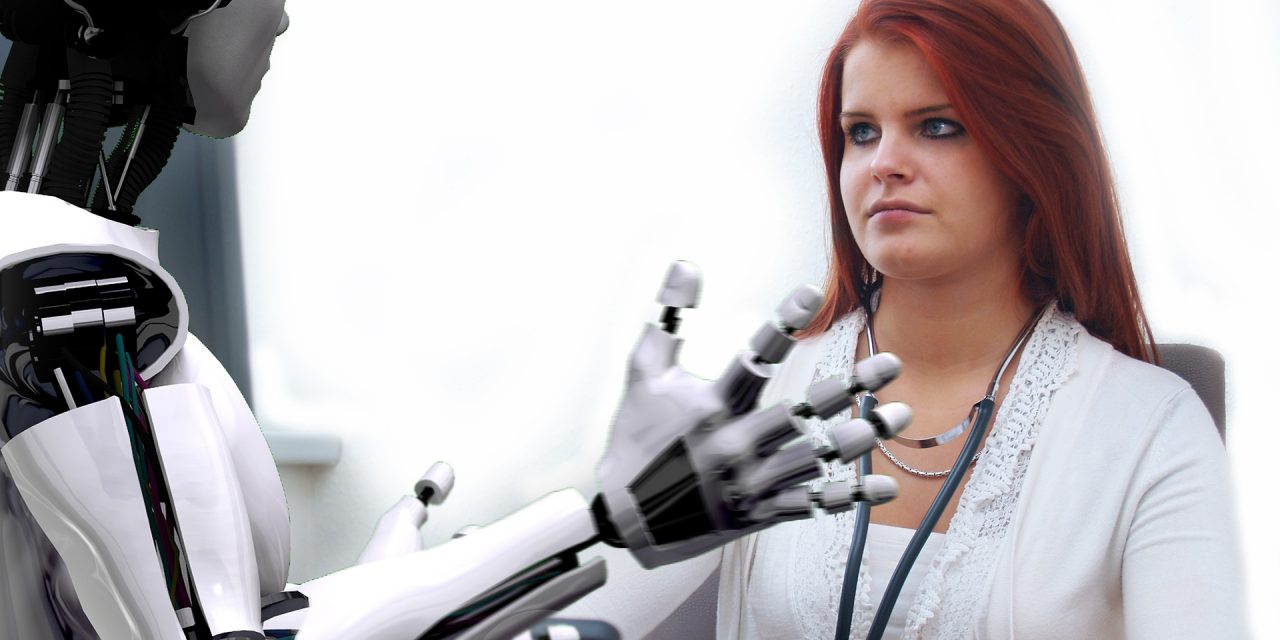We’re not too far from those dystopian scenarios, highly advanced in technological terms, that leave anyone fearing the future. Now, a new project involves the development of robots controlled by Virtual Reality (VR) to be used in war, controlled by doctors and nurses.
These robots prepared for the front line of war could be a game changer.
In addition to soldiers who can be casualties of war, the health professionals who support them are also at risk, not only because of the obvious danger, but also because of exposure to communicable diseases, contamination and the limited resources they have in a battle zone.
So researchers at the University of Sheffield began work on a system that would help treat wounded soldiers on the front lines of war. What they called “telepresence” gave rise to the MediTel project, which wants to equip robots to represent doctors through VR.
With these robots, doctors and nurses could move across the front lines to help wounded fighters. In addition, they would be able to collect relevant information, such as patients’ vital signs, to collect blood, to move them to safer places. All this thanks to its integrated sensors.
Robots guided by doctors and nurses can help combatants
The new telepresence system, MediTel, allows doctors to perform their duties, without being in danger zones, compromising their safety. In addition, it allows them to more conveniently collect information such as temperature or blood pressure from patients.
By integrating cameras, robots can take photographs or videos of patients’ wounds, so that doctors, from a distance, can diagnose them and outline the best treatment.
The development of a remotely operated robotic system would significantly improve safety by reducing the amount of danger that military personnel are exposed to on the front lines.
Explained Sanja Dogramadzi, project co-leader of the Department of Automatic Control and Systems Engineering at the University of Sheffield.
While it is unclear when the first samples will be functional, the University of Sheffield expects to test MediTel in a realistic setting very soon, and is confident that it will demonstrate its targeted life-saving capabilities.














Leave a Reply